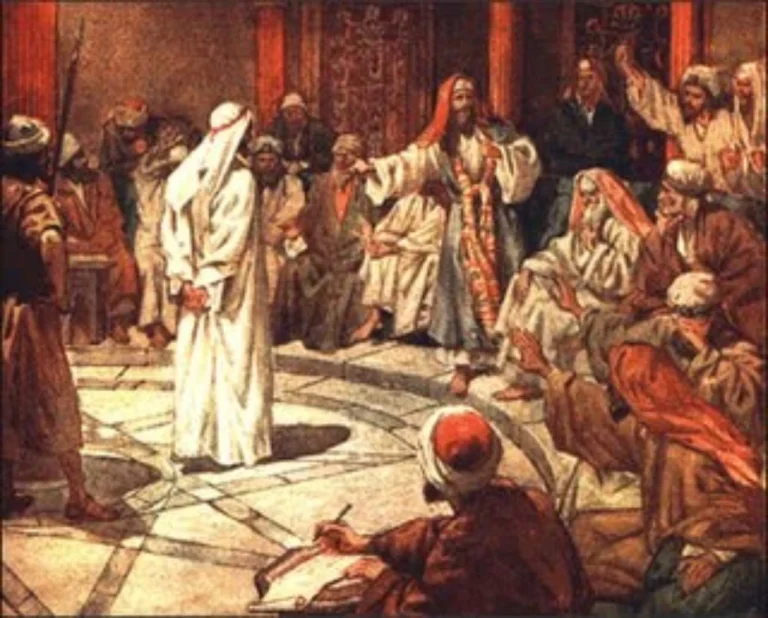Automators are everywhere, reducing the need for humans to work. It’s a two-edged sword. Some of the unemployed spend years, if not decades, rotting their minds with drugs. Others waste similar amounts of time on “higher” education in institutions where uncounted millions fall more deeply into debt as they’re kept off the streets empty hopes of useful employment.
The automators reduce the labor necessary to make and do things. Those who finance the automators take over whole fields of endeavor. The automators let a man mow his own yard on Saturday morning with a lawn mower as powerful as an early agricultural tractor. They let us light our homes by flicking switches that let electrons stream through light-producing devices.
The automators are after our jobs. Those without jobs often try obtain one by initiating a process to automate someone else’s. Automators are fought by those with existing cash flows.
An Automator may explain: “Reducing labor lowers costs and lets people have more. If automating the process of plucking, cleaning, and packaging chickens, for instance, can save people a life-time of deleterious drudgery, why shouldn’t they?”
The Existing Cash Flow Protector answers: “If you eliminate the need for people to work in chicken processing, the jobs of chicken processors will disappear. So will the unions they’ve joined.”
The Automator: “Is it better to have people spend their lives doing jobs that don’t need to be done?”
The Existing Cash Flow Protector: “Isn’t it better that people have jobs?”
The Automator: “They need meaningful work. What’s meaningful about spending one’s life doing what a machine can do far more cheaply? Is it possible to do that while believing that one’s life is meaningful?”
This battle, which, in essence, is between freedom and slavery, has been going on since Babylon.








